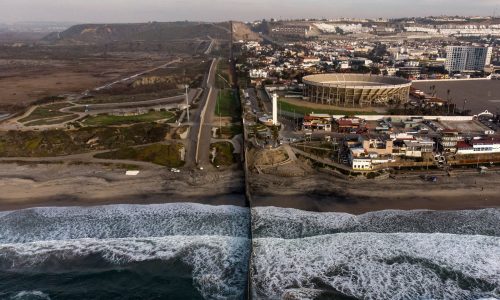Gewissermaßen als Fortsetzung des Beitrages zu Überwachung und Klimaschutz (Pol. Feuill. bei Dradio), hat Adrian Lobe jetzt eine Antwort darauf in seiner Kolumne Lobes Digitalfabrik geschrieben (Spektrum der Wissenschaft, 13.3.2019):
Mit Überwachung das Klima retten?
Und er hat ein gewichtiges Argument, dass die Lösung Digitalisierung wohlmöglich in ein anderes Licht setzt – an dem wir aber auch nicht vorbeikommen:
Big Data verbraucht selbst jede Menge Energie. Laut einem Bericht von »Climate Home News« könnte die Datenproduktion bis 2025 20 Prozent des weltweiten Strombedarfs ausmachen. Bis 2040 könnte die Kommunikations- und Informationstechnologie sogar für 14 Prozent der globalen Emissionen verantwortlich sein
Die digitale Zukunft und mit ihr die Überwachungsfantasien der Smart Cities und anderer Pläne wären somit auch schädlich fürs Klima – die alleinige Lösung scheint das also nicht zu sein, wie aber dann?


